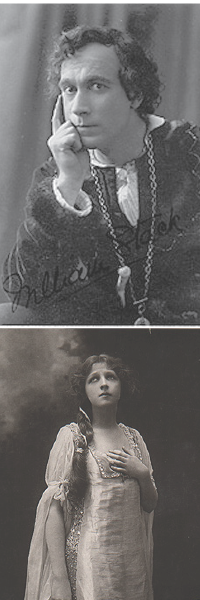Folger First Folio Tour

Four hundred years after Shakespeare's death, his characters are timeless and familiar, from wide-eyed Miranda to grim Macbeth. But how do we know about Shakespeare's plays in the first place?
For many of the plays, the answer is a single book: the 1623 First Folio of Shakespeare. Assembled seven years after Shakespeare's death, the First Folio includes 36 of his plays—18 of which had never before been published. Without it, Julius Caesar, Macbeth, As You Like It, The Tempest, and more could have been lost.
In 2016, in partnership with Cincinnati Museum Center and the American Library Association, First Folio! The Book that Gave Us Shakespeare will bring the First Folio to all 50 states, Washington, DC, and Puerto Rico. The exhibition exclusively features First Folios from the Folger, whose collection of 82 First Folios is by far the largest in the world.
Emory University has been selected as the Georgia site for display of the First Folio. The exhibition will be on view at the Michael C. Carlos Museum from November 5 through December 11, 2016.
Visitors to First Folio! will come face to face with the original 1623 book, displayed open to Hamlet's speech in which he debates whether "to be or not to be." Each First Folio! host location has also planned public events and activities, often including additional exhibitions, in joyful celebration of the book that saved so many of Shakespeare's dramas and the amazing plays it holds.
The locations include 23 museums, 20 universities, five public libraries, three historical societies, and a theater.
Read more about the Folger Library First Folio project at folger.edu ››
National Sponsors
First Folio! The Book that Gave Us Shakespeare, on tour from the Folger Shakespeare Library, has been made possible in part by a major grant from the National Endowment for the Humanities: Exploring the human endeavor, and by the generous support of Google.org, The Lord Browne of Madingley, Vinton and SigridCerf, the British Council, Stuart and Mimi Rose, Albert and Shirley Small, and other generous donors.



